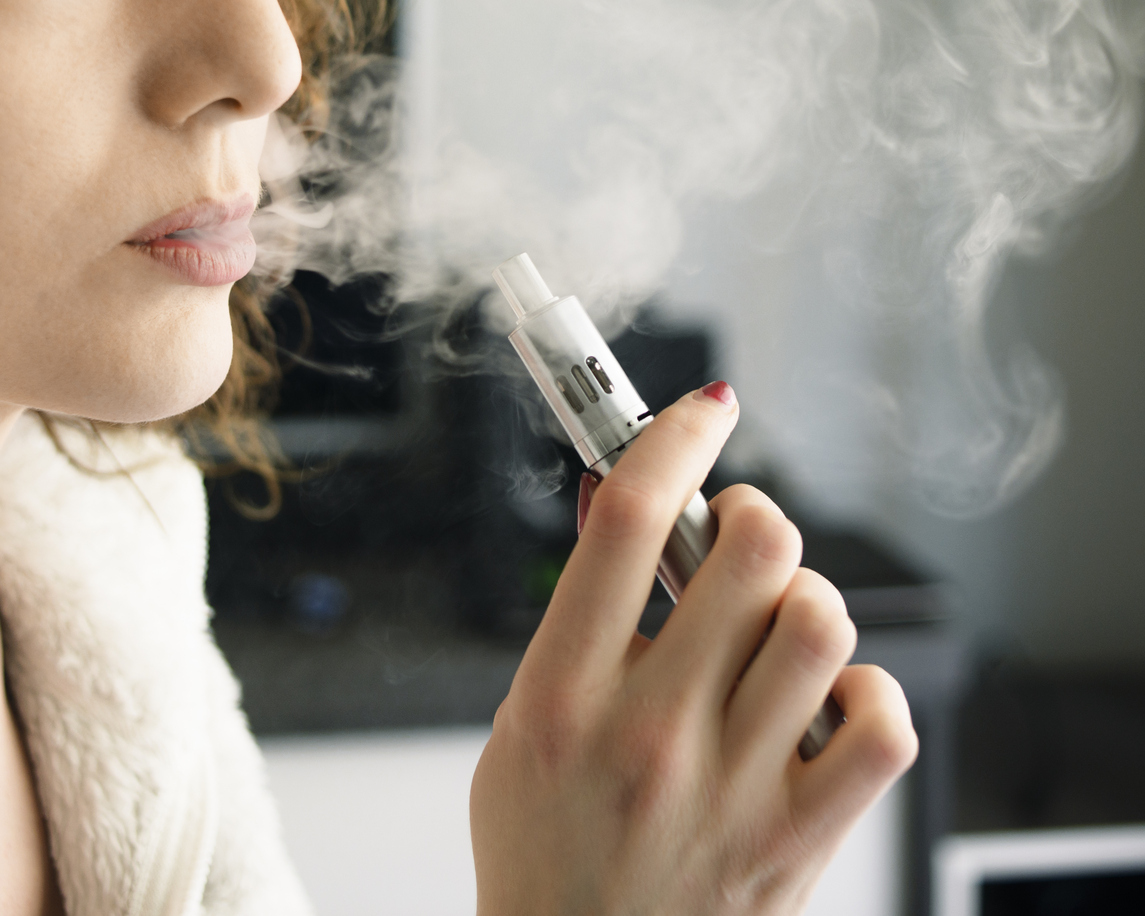A loophole in the regulations covering certain
e-liquid products could mean that users of short fills are at risk, according
to industry expert Mark Fawcett.
Fawcett, who is the manager of GoSmokeFree.co.uk,
has stated that current regulations leave short fills — a popular type of
zero-nicotine, flavoured e-liquid that’s used with an additional shot of
nicotine — unprotected by laws such as the Tobacco Products Directive 2016.
Short fills are a type of e-liquid that does
not contain any nicotine. They’re typically packaged in bottles of 60mL or
larger and intentionally left underfilled, allowing end users to add a shot
that contains up to 20mg of nicotine.
Since these products don’t contain nicotine,
they aren’t covered under existing regulations. This means that unscrupulous,
unethical manufacturers unconcerned about user safety could market products
that put end users at risk.
According to Mr Fawcett, the “whole situation
is out of control”, with consumers at risk due to the actions of certain
manufacturers.
“The government put legislation in place to
make sure everyone could be held accountable for the products they put into
circulation. Now, with these short fill bottles, this legislation is being
sidestepped.”
“The MHRA is not regulating these products and
that’s a big mistake, as no one is patrolling the products vapers are using on
a day to day basis.”
Mr Fawcett notes that many unregulated
manufacturers are drawn to producing short fills due to the relative simplicity
of these e-liquids.
““Professional e-liquid manufacturers spend
thousands of pounds on testing to make sure their products are safe for
consumer use and don’t contain any nasties.”
“Due to the move in the market towards short
fills, unscrupulous people are producing e-liquids from the comfort of their
homes with no knowledge of safety or good manufacturing practices.”
These short fills are then distributed to
vendors, who sell them on to consumers. Others are sold using online
marketplaces such as eBay.
“People buying the liquids have no idea what
has gone into their liquid or if it was manufactured in a clean environment.
Potentially, someone could make a deliberately bad batch of liquid, sell it
locally and never have to deal with the consequences – that can’t be right.”
Many of these unregulated short fills use
ingredients from countries such as China and others in East Asia, where few
regulations cover product safety. Mr Fawcett stated that he’s seen a short fill
from Malaysia that contained a spider, raising questions about manufacturing
standards.
To avoid being sold a potentially unsafe
product, Mark recommends that potential buyers take steps to check that they’re
dealing with a reliable manufacturer. This can include checking that
manufacturers are properly registered by the MHRA, a process that can be completed online.
Consumers should also check whether they’re
dealing with a manufacturer that produces their own e-liquids or a reseller
that outsources production by looking at the product’s labeling.
“Often, homemade short fills will have on the
packaging, ‘manufactured for’ followed by the name of a wholesaler, rather than
‘manufactured by’, which provides accountability.”



 Bitcoin
Bitcoin  Ethereum
Ethereum  Tether
Tether  XRP
XRP  Solana
Solana  USDC
USDC  TRON
TRON  Cardano
Cardano  Lido Staked Ether
Lido Staked Ether  Avalanche
Avalanche  Toncoin
Toncoin